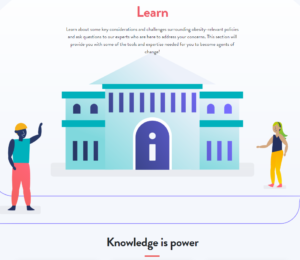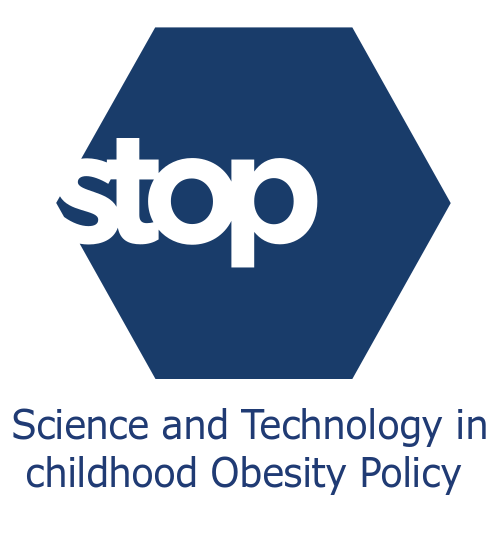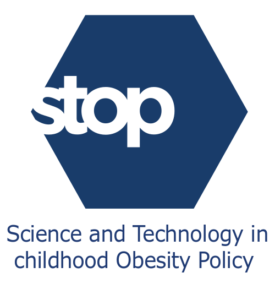
The World Healthy Organization has highlighted non-communicable diseases as a risk factor for becoming seriously ill with COVID-19. Specifically, emerging evidence seems to show that people living with overweight or obesity are at an increased risk to fall seriously ill with coronavirus. The COVID-19 pandemic as well as the measures that have been implemented in order to control the spread of the disease are likely to have a number of impact not only on people living with overweight or obesity, but also on the general population. While data suggests that older people are more severely affected by COVID-19, the pandemic also appears to have non-negligible impacts both from a health and non-health perspective on young people around the world. While the effects might differ based on pre-existing health conditions and age, all age groups are susceptible of being infected. Therefore, according to the UN’s page on Youth and COVID-19, “although young, healthy individuals typically have more robust immune system than the elderly, the World Health Organization encourages everyone, including youth, to take extra precautions to avoid infection and transmission.”*
Increasingly recognised as agents of change, meaningful youth engagement should be a key component of national COVID-19 responses. This can be through youth groups, youth-led governance processes, youth voices & opinions, youth-led implementation and advocacy, youth leadership programmes, and youth-led innovative approaches. In order to help youth get a better understanding of the pandemic, its repercussions and their role in the global response, Healthy Voices launched a new resource with links to useful platforms providing knowledge, tips and tools to ensure youth are equipped and ware to deal with the current pandemic, as well as answer some frequently asked questions youth might have.

